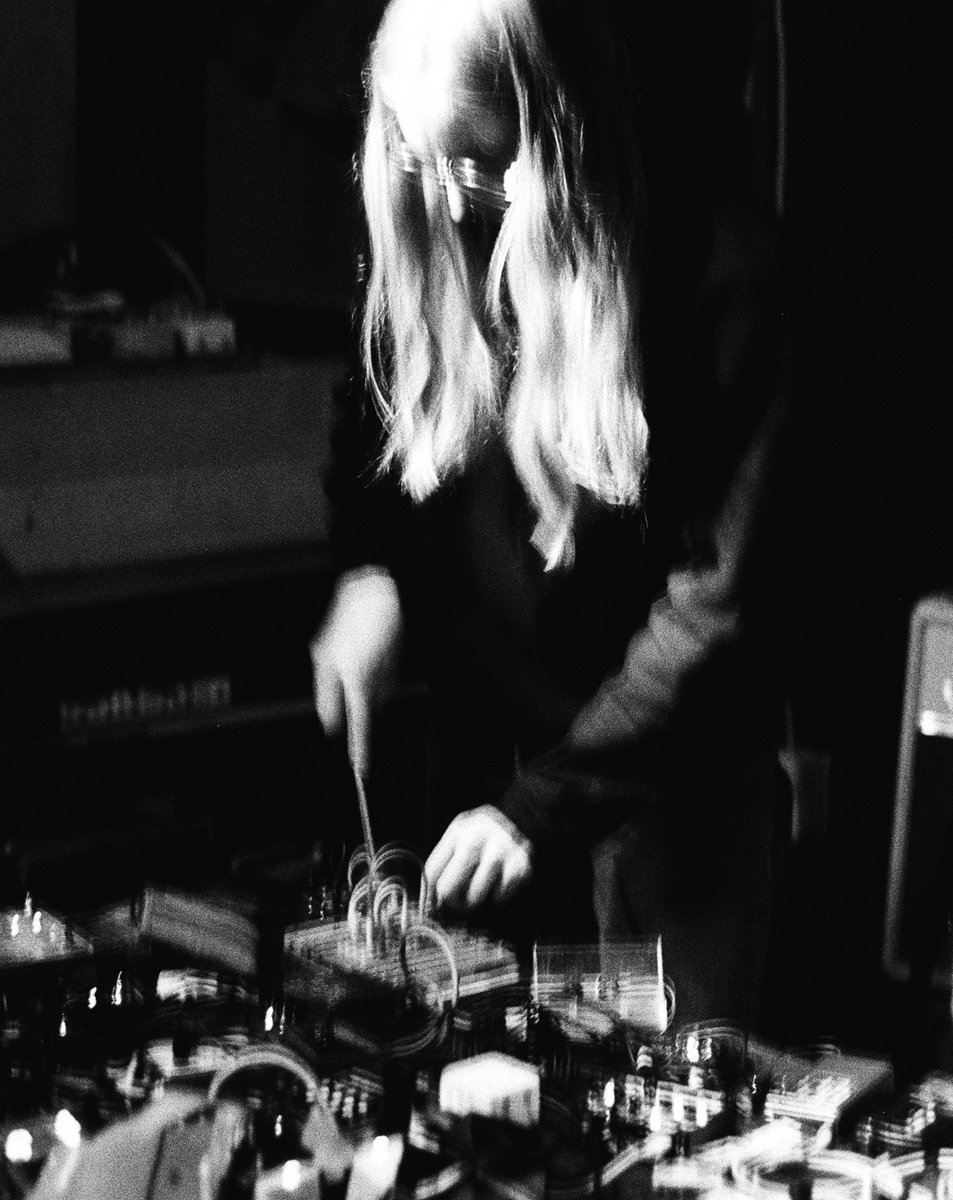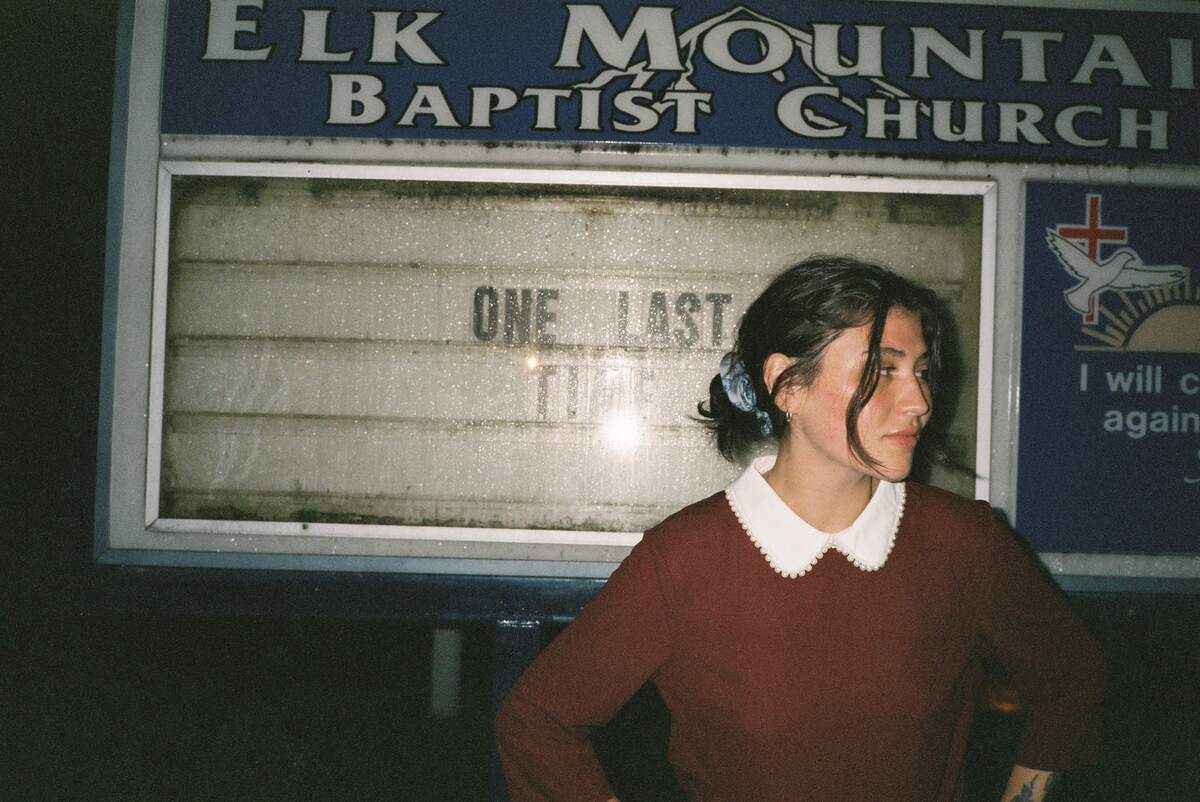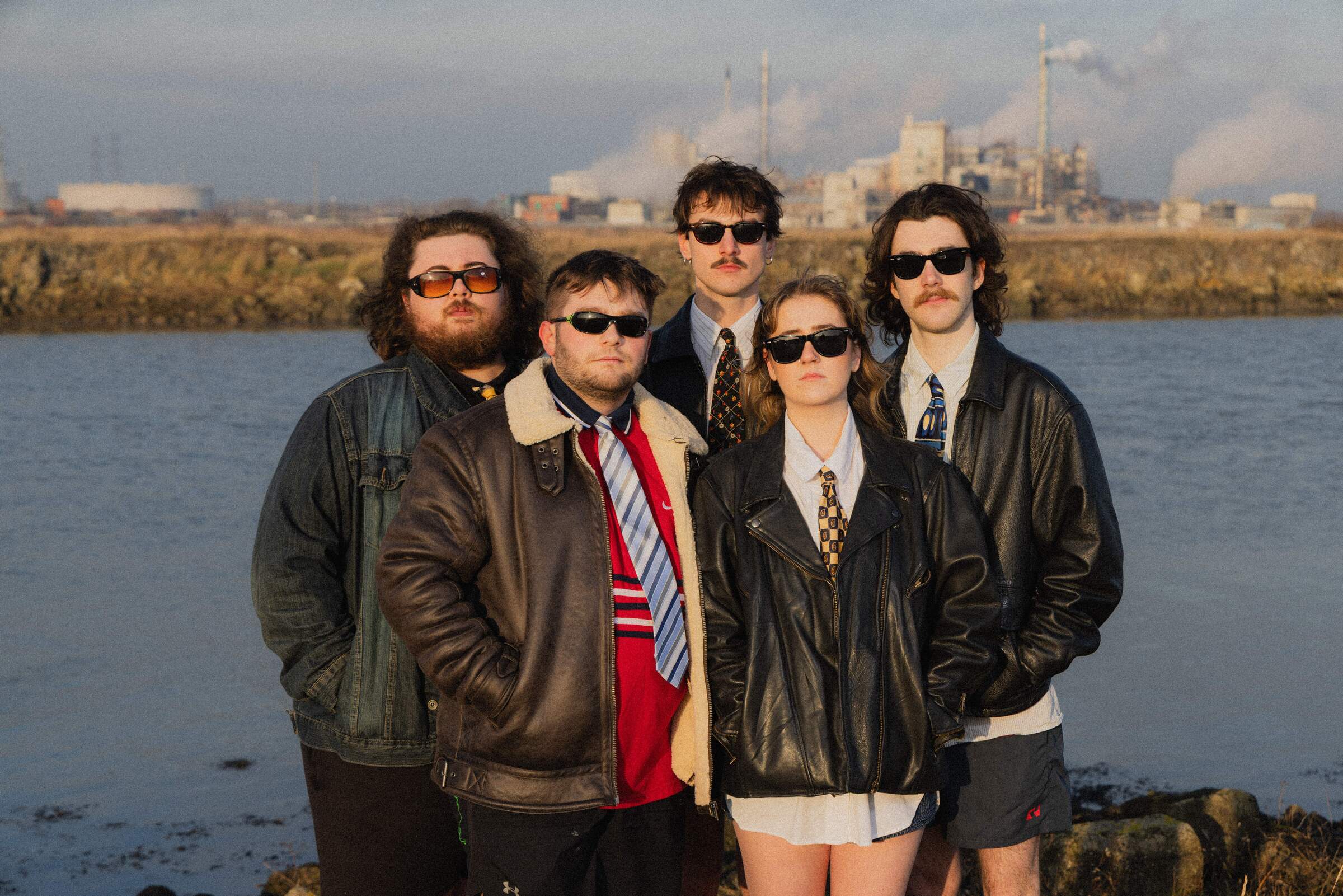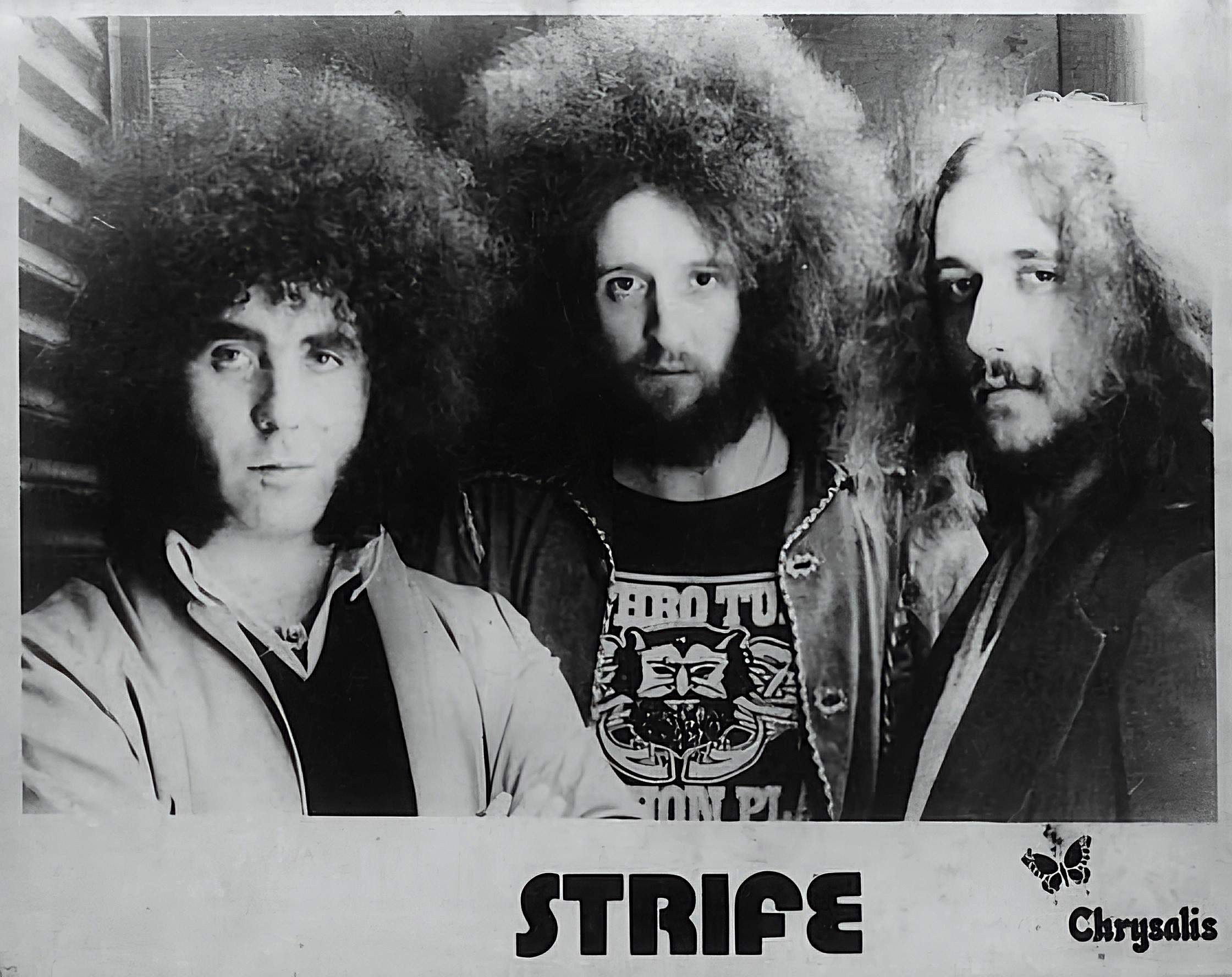Marie Vermont | Interview | “Improvisational communication”
Marie Vermont has been creating noise music both collaboratively and independently since 2007, currently with projects like IEOGM (with the concept horse), Micro Mata (with RSMA), and others.
Moving fluidly between music and visual arts, she combines electronic and unprogrammed analog devices with tape, electroacoustics, cables, and graphic scores in improvisation. Additionally, she releases cassettes as a means of reproduction.
“Improvisational communication, within electronic and/or acoustic setups, is what resonates most for me in music.”
Could you start by telling me a bit about yourself?
Marie Vermont: I live in Vienna and engage in drawing, painting, and collage broadly, including cassettes, printing, and publications as reproduction methods. I also write and record music, sometimes with guests.
Do you come from a visual arts background? How did you get into music? Are these practices linked for you?
I had a classical music education growing up, playing instruments and reading and writing musical scores. I’ve always practiced painting, drawing, and printmaking regularly. At 16, I started DJing and learning sound engineering basics. Eventually, I began creating music on computers and co-founded a DIY label with friends, continuing to self-release. For me, music and visual art aren’t inherently linked, but they complement each other. Both are essential to my daily practice and creative variation.
Can you sustain yourself financially through art and music?
Yes.
Your work has a certain nonchalant and gritty quality (which I appreciate). Is this your approach—experimenting freely, putting things out without overthinking?
I don’t see it as gritty; it’s just the output style that feels right to me. It requires immediacy to exist authentically. If I over-edit or master too much, it loses what I initially aimed for. Many indoor recordings stem from complex setups and thought processes between instruments. I enjoy visually translating field recordings or outdoor settings and using graphic scores for later production. My practice involves both quick outputs and well-composed works, like the recent IEOGM release ‘Vom Institut’ on Breton cassette.
Do you identify your work as noise/sound art, or do you avoid defining it?
I relate more to noise broadly, not just as a genre label. One project I’m working on, ‘Das gemeine Rauschen,’ plays with the German word “gemein,” meaning both common and cruel, alongside “Rauschen,” noise. I’m skeptical of rigid contemporary definitions but understand historical ones.
Why do you prefer analog over digital gear? Knobs and cables over a laptop screen?
I’m comfortable with computers but never embraced screens and MIDI controllers for live performances. This gradual shift led me into the analog world. I keep my setup flexible, swapping out gear as new instruments come in, facilitating collaboration with other musicians. Analog gear lets me focus on listening, touch, rhythm, and playing with mallets, mixers, and instruments, rather than being tied to a screen.
Why do you favor improvisation over composition?
I don’t favor one over the other; they’re different approaches. Sometimes I blend them, with compositions staying on paper or evolving live. I’ve performed live compositions for silent films, combining written pieces with improvisation. Improvisational communication, within electronic and/or acoustic setups, is what resonates most for me in music.
You recently toured Japan. How was that experience, being your first non-European tour?
Yes, it was my first tour outside Europe with IEOGM. Touring Japan was an incredible experience—we met inspiring people and sounds. Thanks to the organizers like Taka from Tobira Records and Sho Sugita from Earsmodular, everything went smoothly. I hope to return someday; we’re even planning a compilation with musicians we met on tour.
How long have you been making music? Since 2014? Or earlier, since 2007? How has your music evolved over time?
I started regular computer music production in 2007, using Ableton Live and other DAWs, alongside a midi controller and Zoom handy recorder. Since then, my music has evolved through collaborations and ongoing changes in my setup.
Your music reminds me of Elvin Brandhi or Wanda Group. Who are your musical influences?
Early influences include playing Sofia Gubaidulina’s piano pieces in primary school. I’m most influenced by the musicians I collaborate with regularly (like the concept horse, RSMA, Michiu, turmeric acid, Nadeshda) and others locally and globally. I draw inspiration from friends’ labels like eëditions, molt fluid, beach-buddies records, epileptic media, Breton cassette, and countless everyday sounds—from the fridge to passing cars and birds.
Joeri Bruyninckx
Marie Vermont Official Website / Instagram / Bandcamp




